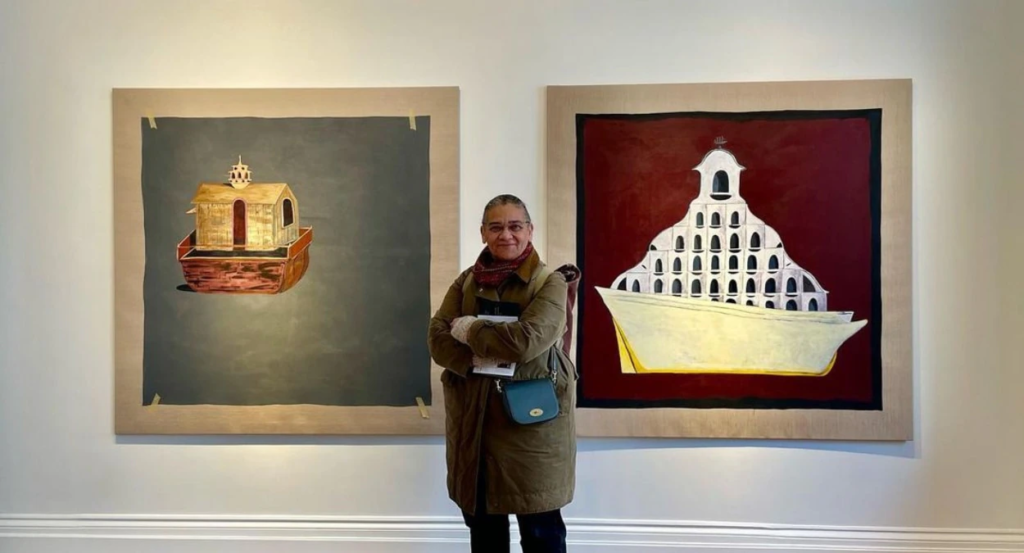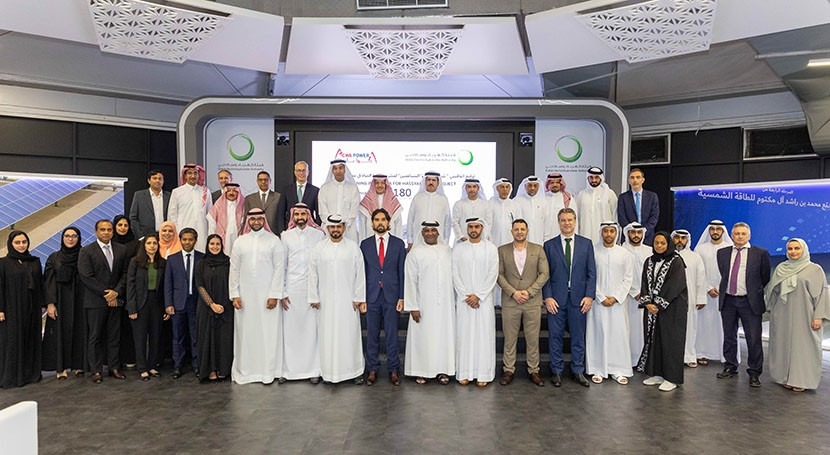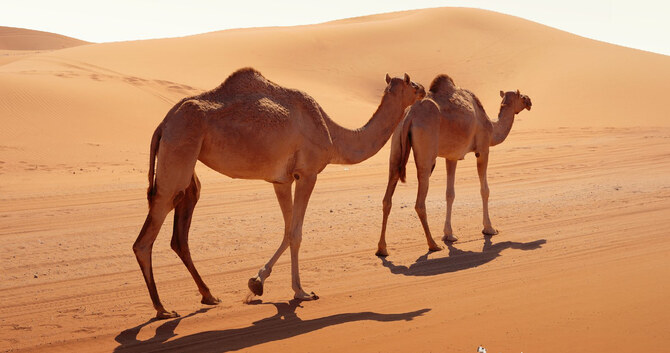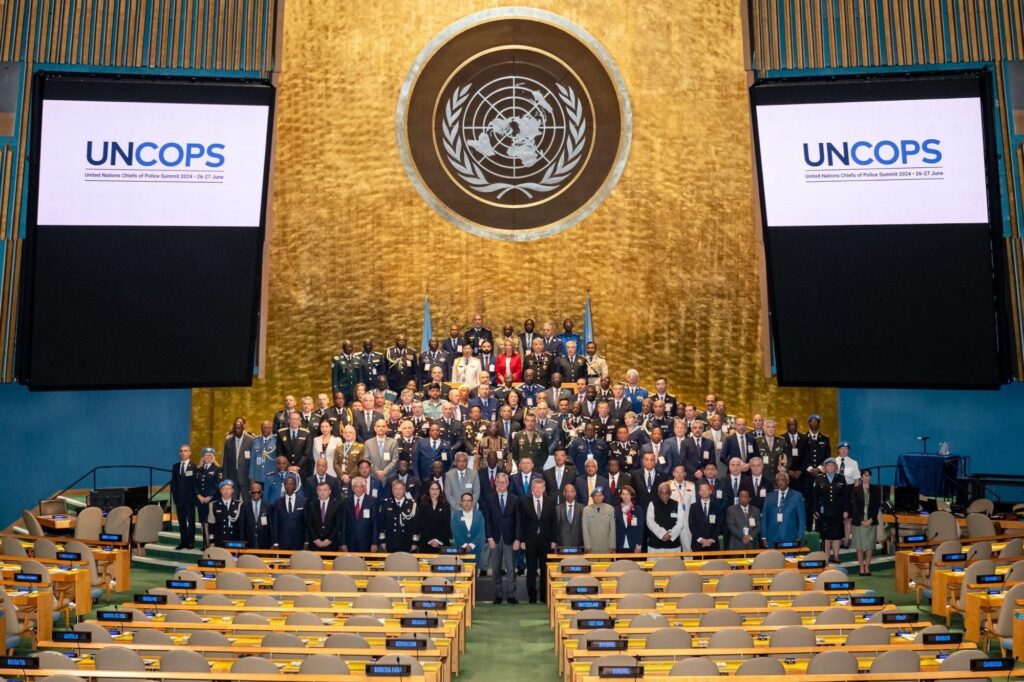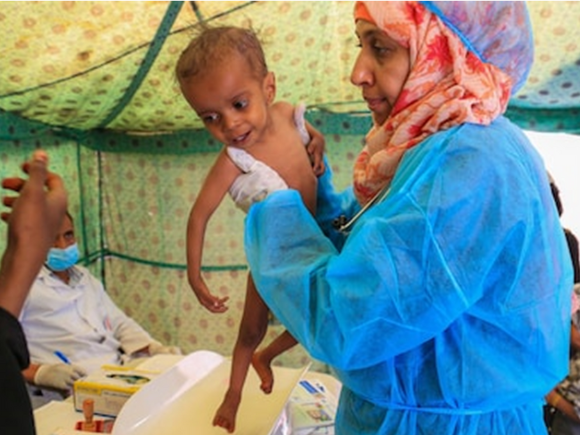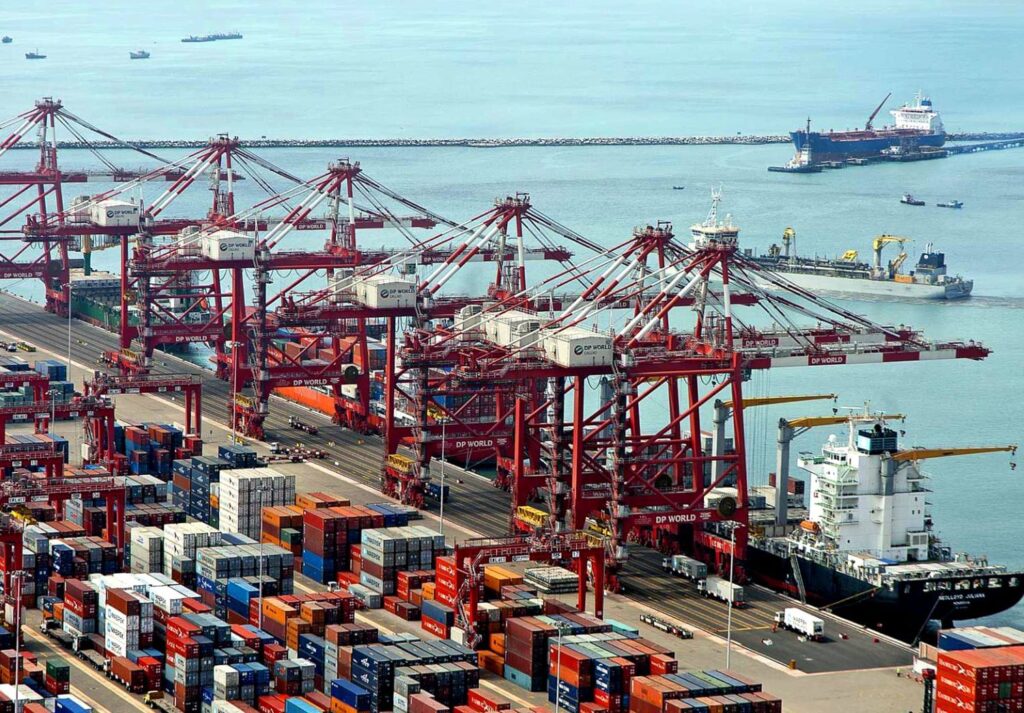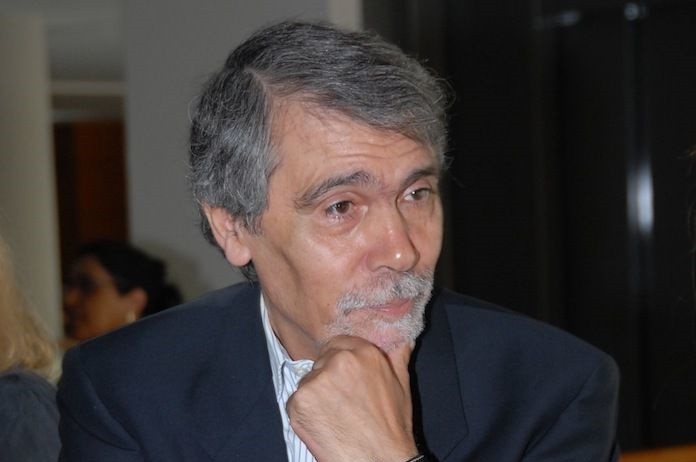Times Higher Education has announced a shortlist of eight finalists for its Most Innovative Teacher of the Year in the Arab World award.
The winner will be announced in December during the Arab Universities Summit in Jordan. Times Higher Education (THE), a British higher-education data company widely known for its World University Rankings, is organising the award in partnership with the University of Jordan and Al-Ahliyya Amman University.
The most innovative teacher award is part of a competition called THE Awards Arab World, which aims to “identify and promote innovative and inspiring work taking place at higher education institutions, whatever their size, reputation, or focus, and wherever they may be located.” Candidates for the awards may come from internationally renowned institutions or lesser-known institutions operating in challenging circumstances.
Times Higher Education said it had received over 400 entries from 15 countries for this year’s awards, which have 12 categories. To see the full lists of shortlisted candidates in each category, please click here.
Phil Baty, Times Higher Education’s chief global affairs officer, said it had been a huge challenge to narrow down the field and select the “elite group” of candidates for the most innovative teacher shortlist. “Those who made it should be very proud of their achievements,” he said.
The finalists for the Most Innovative Teacher award are:
- Ibrahim Issa Al Balushi, National University of Science and Technology, Oman
- Fatma Alzahraa Abdelsalam Elkhamisi, Helwan University, Egypt
- Mohamed Amin, Alamein International University, Egypt
- Abir Enany, Misr University for Science and Technology, Egypt
- Amer Hijazi, Al-Ahliyya Amman University, Jordan
- Mohamed Ismail, Egypt University of Informatics, Egypt
- Zahy Ramadan, Lebanese American University, Lebanon
- Rami Abdullah Wahsheh, Princess Sumaya University for Technology, Jordan
The awards website gives a brief summary of each competitor. Following are excerpts from those descriptions:
Ibrahim Issa Al Balushi. Al Balushi is a senior lecturer and head of entrepreneurship and business incubation activities, as well as the head of the Curriculum and Instructional Resources Committee at the College of Engineering, National University of Science and Technology, in Oman. Known for his innovative teaching strategies and student support, Al Balushi received the Academic Excellence Award for Best Teacher in the College of Engineering in 2021. He also plays a key role in national projects aimed at developing entrepreneurship courses.
Fatma Alzahraa Abdelsalam Elkhamisi. Elkhamisi is an assistant professor of pathology and director of the International Student Unit at the Faculty of Medicine at Helwan University, in Egypt. She has implemented a continuous cycle of student-centred approaches, emphasising clinical relevance, diverse learning styles, and motivation theories. Elkhamisi is known for designing engaging learning environments using digital tools, collaborative work, peer teaching, and reflective learning.
Mohamed Amin. Amin is an associate professor and coordinator of social responsibility activities at Alamain International University, in Egypt. He teaches an elective course called “Community Participation in the Development of Modern Egypt” using innovative methods such as the flipped classroom model, game-based learning, and project-based learning.
Abir Enany. Enany is a faculty member and vice dean of the Faculty of Science at Egypt’s Misr University for Science and Technology. In the spring semester of 2023, she introduced a new approach to teaching a course on ancient Egyptian archaeology from the Middle Kingdom. Her innovative plan involved transforming course topics into sustainable development projects, with each site assigned to a student group for development, making the material more engaging and understandable.
Amer Hijazi. Hijazi is recognised as one of the top 10 influencers at Jordan’s Ahliyya Amman University, where he is transforming educational standards by engaging students as active participants. His innovative teaching methods, including software clinics that reflect industry standards, focus on creativity rather than traditional metrics, significantly impacting sustainable development goals like quality education and sustainable cities.
Mohamed Ismail. Ismail is a professor of physics at the Faculty of Engineering at Egypt University of Informatics. Upon returning to Egypt after earning his Ph.D. in nuclear engineering from Kansas State University, in the United States, he introduced innovative teaching methods. He developed a mobile application for interactive student feedback, real-time comprehension assessments during large lectures, and live demonstrations. Ismail also leads faculty initiatives to support students’ academic, social, and psychological well-being. Additionally, he founded a popular YouTube channel that has become the most-watched physics channel in the Arab world, expanding his teaching reach globally.
Zahy Ramadan. Ramadan is a professor of marketing and management at the Lebanese American University, in Beirut. Times Higher Education quotes from Ramadan’s application: “As an academic with 20 years of experience in marketing across the Middle East, Gulf, and Asia Pacific regions, I believe in a holistic learning approach that emphasises continuous high engagement, interactive scenario building, market simulations, integrating advanced research into the curriculum, and learning by doing.”
Rami Abdullah Wahsheh. Wahsheh is an associate professor in the departments of communications engineering and electrical engineering at Jordan’s Princess Sumaya University of Science and Technology. Wahsheh said: “My goal as a teacher is to help students understand the subject matter and learn how to teach themselves beyond structured learning, by focusing on fundamental problem-solving skills.”
He added: “To encourage students to continuously learn, explore knowledge, solve problems, and connect course content to job market skills, I have revised my approach to recording lectures. This involves linking examples given to real-world practical applications. I have also adopted new techniques in teaching and learning.”
YouTube Channel Leads to Job Offer
When he heard he had been shortlisted for the Times Higher Education award, Ismail told Al Fanar Media: “I’m thrilled, as it honours over twenty-two years of my career in higher education.”
Ismail said he joined Egypt University of Informatics at the request of students. “The students, who were following my YouTube channel and struggling with physics, went to the dean of the college, Dr. Amr Elmasry, and asked for my help. The university then reached out to me via email with a great job offer, and I decided to join them.”
Last year, YouTube gave Ismail a YouTube Creator Award for his scientific content’s widespread popularity. His channel, “Physics for Engineers,” has over 198,000 subscribers and has garnered millions of views.
source/content: al-fanarmedia.org (headline edited)
__________

Times Higher Education announces the shortlist for its Most Innovative Teacher of the Year in the Arab World award.
________________________________________
EGYPT / JORDAN / LEBANON / OMAN
